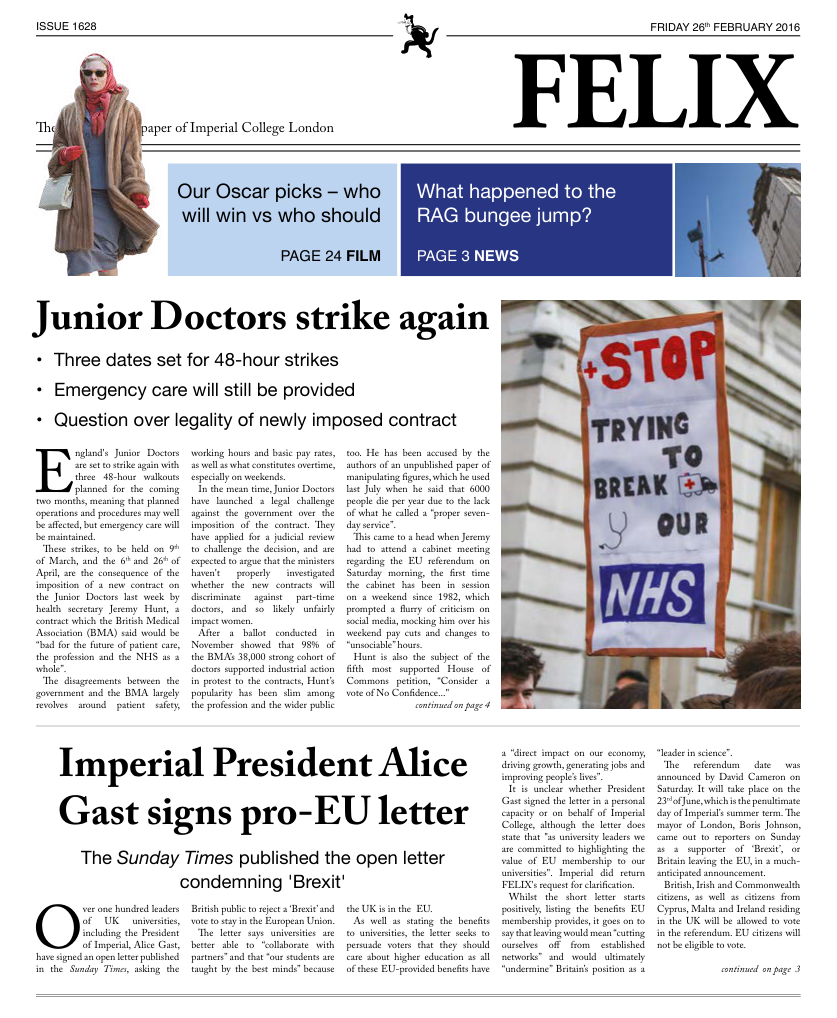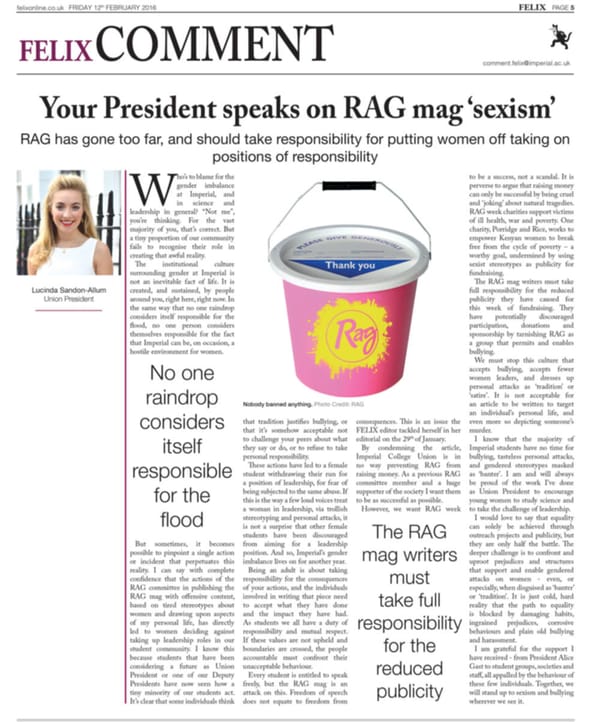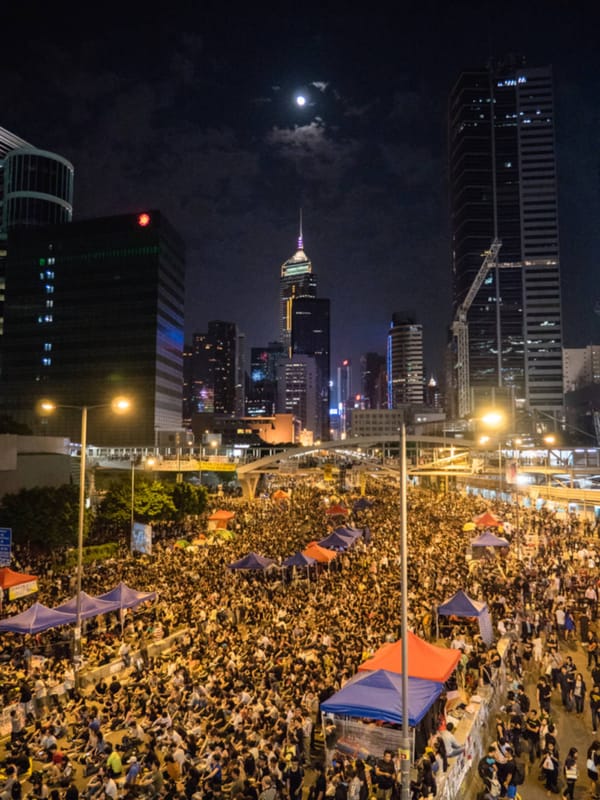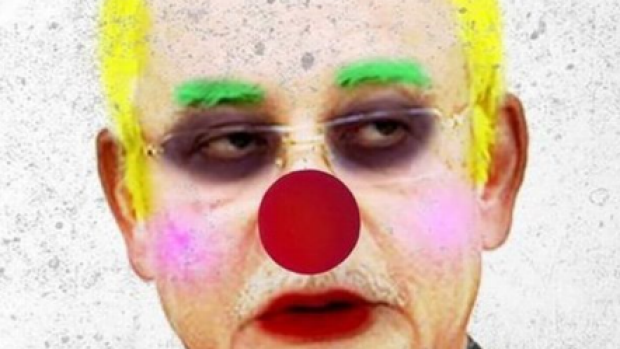Scrapping over Scalia
The death of the conservative judge during the run up to elections means the seat could reain empty for eleven months
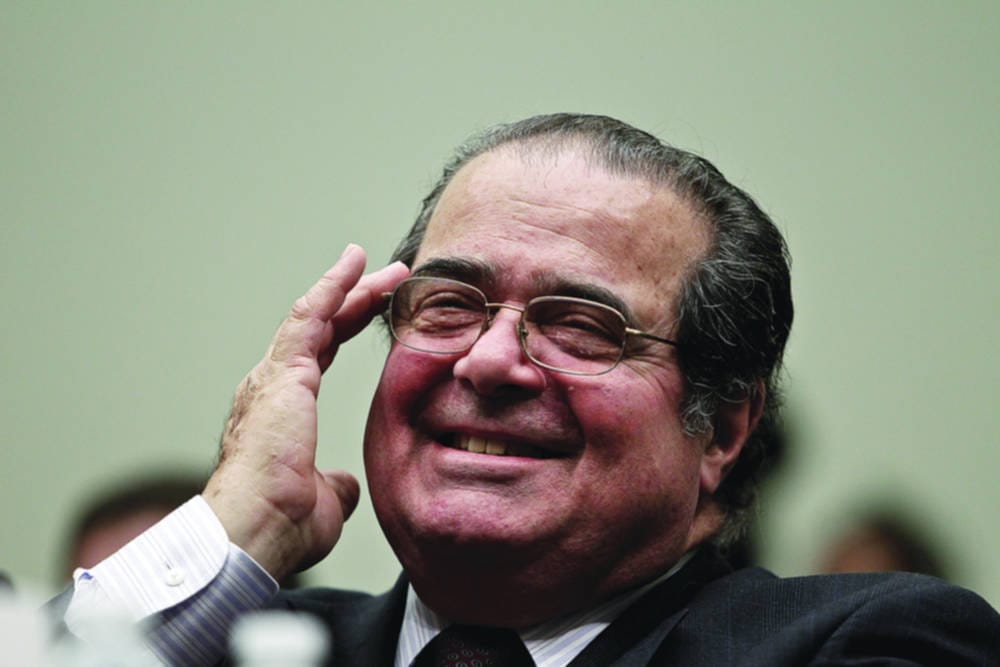
Love him, hate him, agree or disagree with him, it is undeniable that US supreme Court Justice Antonin Scalia was one of the most divisive and outspoken American political figures of this generation. A gifted jurist and bastion of American conservatism, his aggressive style of questioning and acerbic put-downs of opposing opinion made him respectively loved and reviled by Republicans and Democrats of all stripes. His passing, while away at a luxury ranch in Texas, in many ways marks the end of a political era.
It also marks the beginning of a desperate fight between Republicans and Democrats to secure control of his empty seat on the supreme Court. The Court itself is the highest level of judicial authority in America, consisting of nine members. Since Ronald Reagan appointed Scalia in 1986, there has been a modest majority of five associate Justices widely viewed as ‘conservative’. With Scalia’s passing, the partisan split between this ‘conservative wing’ and its liberal opposite number is even, meaning that whoever can secure the ninth seat left by the late Antonin Scalia will have a court favourably inclined towards their policies.
In this regard, President Obama and his Democratic Party have an advantage. The process of appointing a justice to the supreme Court itself is governed by the US Constitution, which reads: “ He [The President] shall nominate, and by and with the Advice and Consent of the Senate, shall appoint ... Judges of the supreme Court”. The constitution is clear: the Senate (currently held by the opposing Republican Party) may sign off on a candidate put forward by the President. However, they cannot put forward a candidate of their own.
President Obama is at complete liberty to choose whomever we wishes
This brings us to our current quandry: President Obama is at complete liberty to choose whomever we wishes to sit on the court, provided the GOP (Republican) controlled senate approves. However, in the wake of Scalia’s passing, Senate majority leader Mitch McConnell has vowed to prohibit any appointments made before the next President assumes office in January 2017, eleven months from now.
McConnell’s supremely irresponsible stance on Obama’s supreme Court nomination will leave the Court without a ninth sitting Justice for almost an entire year, severely weakening it’s ability to set a binding precedent on a number of important upcoming cases. His argument that, because 2016 is an election year, nomination should wait until the next President assumes office, is little more than sophistry: no fewer than five other nominations to the supreme Court have been made in election years. Under this light, McConnell’s call for a delay is, in equal measures, both intellectually dishonest and crassly partisan, a thinly-veiled gamble in the hope that the next sitting President will be a Republican. It is also the potential first step on a slippery slope: if the Senatorial majority can hold off on confirming a nominee for eleven months in order for the current President’s term to end, then why not one-and-a-half, or two years, or longer still?
Politically however, there are few options available to the Republican Party: with the passing of Scalia, there is now an even ideological split between the remaining eight sitting justices. Because supreme Court appointments are made for life, any appointment made under Obama would tip this balance away from the GOP, possibly for many decades to come. Given that the supreme Court is a useful cudgel for both parties to beat down unwanted legislation (the GOP has used the favourable 5-4 split afforded by Scalia to bring challenges to both Obamacare and the DREAM Act), and a means to hedge against challenges to new laws passed by the GOP held Congress, it should come as no surprise that maintaining a conservative majority in the Court is seen as an absolute necessity for McConnel and Co.
There is also a Presidential election to consider. Had Scalia passed away closer to the January 20th inauguration date, it would have been no difficult task to have simply delayed a vote on the Supreme Court nominee until after the new President was sworn in, after which the previous candidate could be silently replaced. However, delaying the vote until Obama leaves office means that the whole ordeal will be dragged out for eleven more agonizing months. McConnell and his Senate will also need to provide a strong justification for denying any nominee a vote: delaying the appointment of an otherwise qualified jurist on ideological grounds will be seen by the electorate as a nakedly partisan attempt to misappropriate one of America’s three legislative bodies. It is therefore likely that President Obama will elect a well-regarded moderate (his current top choice, Sri Srinivasan, was elected to the DC circuit court unanimously by the Senate) and force the Senate Republicans run in circles as they try to justify their stance. Should they be unable to justify their blocking of an appointment, then they will suffer for it come election time.
The remaining eleven months will be an excruciating legislative battle, for both Democrats and Republicans. By pre-emptively calling for a blockage of any supreme Court nomination, McConnell et al have put their cards squarely on the table: even if they do eventually allow a Senate vote on a nomination, it should be absolutely clear to all that it is nothing more than party-political pretence. If he was still alive, Antonin Scalia – a vigorous defender of Constituational originalism – would surely have some scathing rhetoric of his own for Mitch and Co.
On second thought though, perhaps he wouldn’t...

